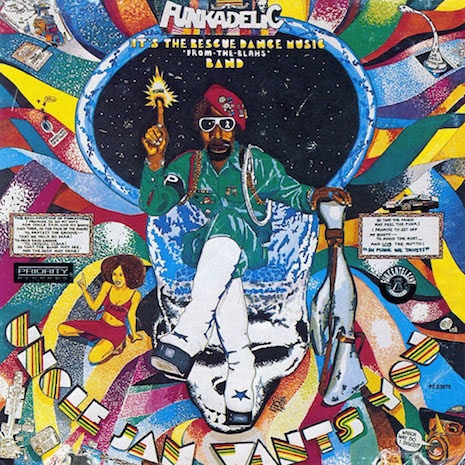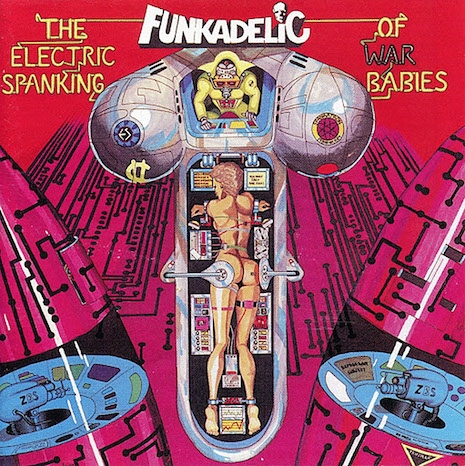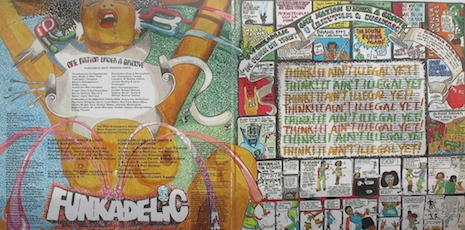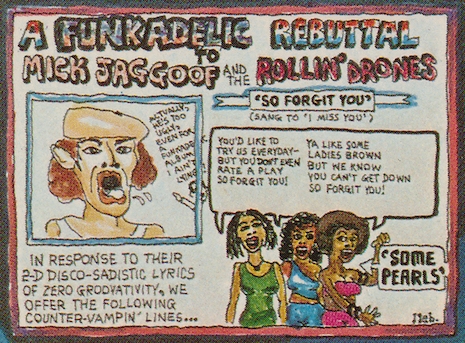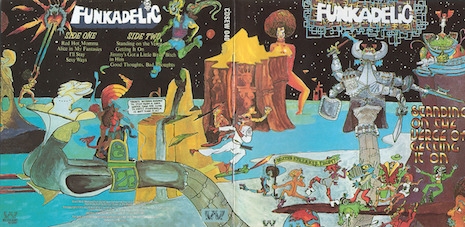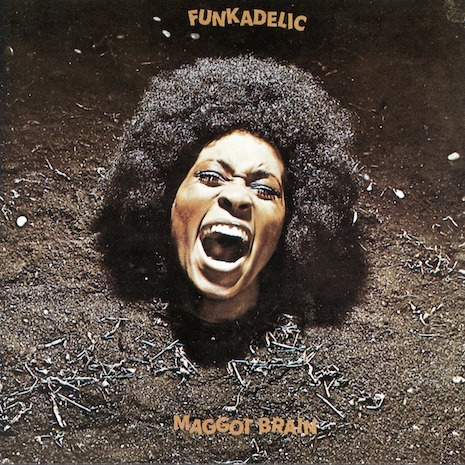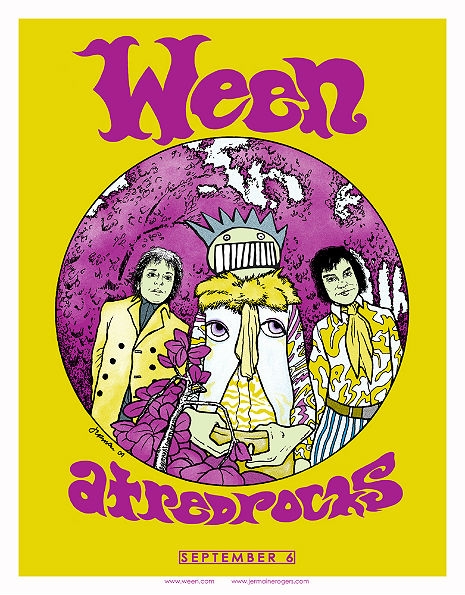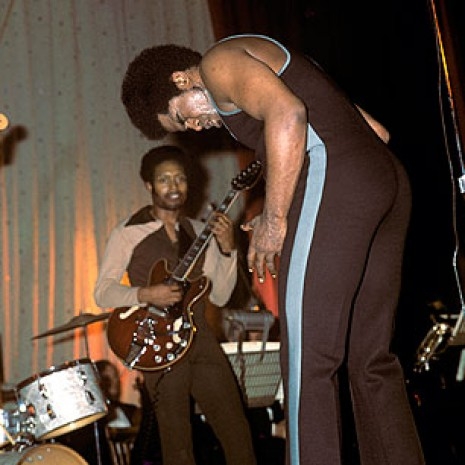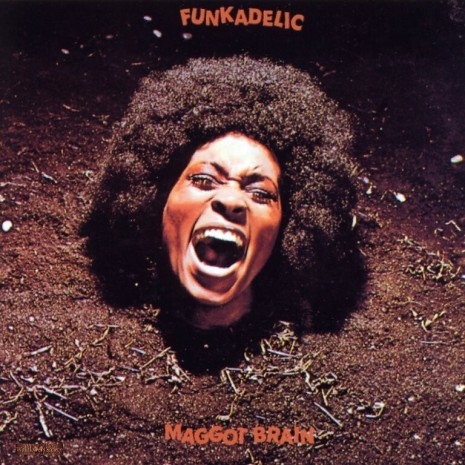
Hole-ee-shit… There’s really not all that much footage in existence of the early years of Funkadelic, but what there is tends to be pretty fucking amazing. And so it’s my pleasure to whip this one on you, dear Dangerous Minds reader, because this short promo film was a totally new one on me as of this early AM. Not only that, it’s for one of my very top favorite Funkadelic tracks, “You and Your Folks, Me and My Folks.”
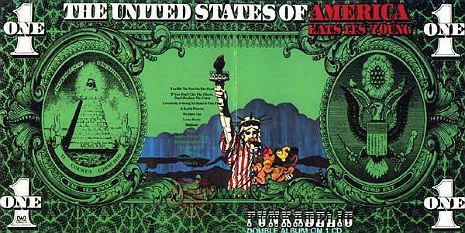
The lead vocalist here is William “Billy Bass” Nelson the original bassist for Funkadelic, and also the first band member to get pissed off enough about money—or lack of it making it into his pocket—to tell George Clinton where to stick it (the first of many, of course). Nelson was originally going to be the group’s guitarist, but opted for the bass post instead when his pal the amazing Eddie Hazel came aboard the Mothership.
According to the Maggot Brain Wikipedia page, the class conscious lyrics of “You and Your Folks, Me and My Folks,” one of the album’s singles, might’ve been inspired by an old folk rhyme first published in Thomas W. Talley’s book Negro Folk Rhymes (Wise or Otherwise) in 1922:
If you and your folks love me and my folks
Like me and my folks love you and your folks
If there ever was folks
That ever ever was poor.
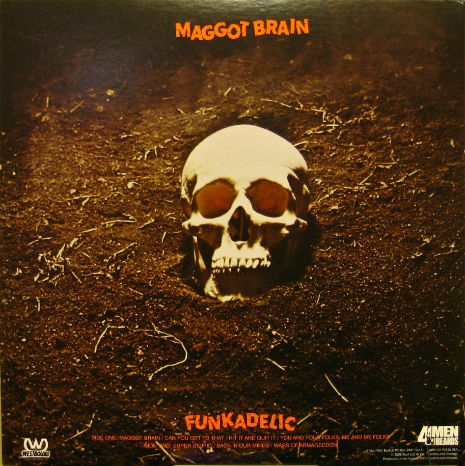
One of the YouTube commenters speculates that this was shot in Bermuda and mentions something about the band causing a stir there by performing naked onstage!
As an added bonus—because I love you, I really, really love you—there are some other primo examples of early Funkadelic on video after the jump…






